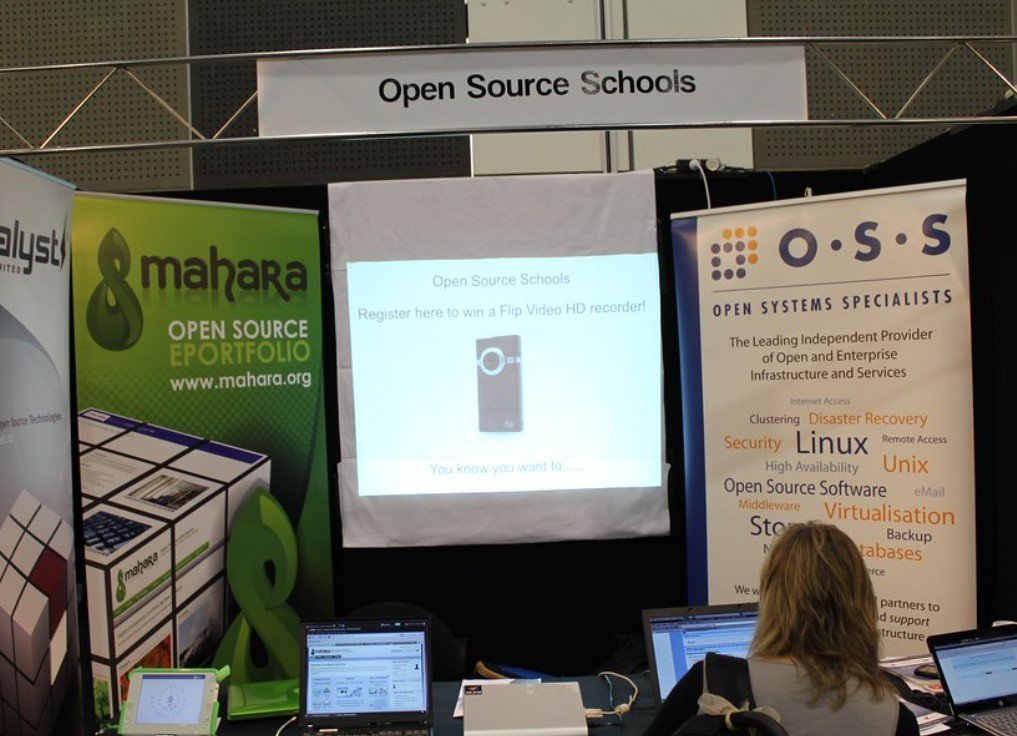The open source internet offers a compelling alternative to the capitalist-driven web dominated by big tech companies. Rooted in the principles of collaboration and transparency, the open source movement has created a decentralized and user-centric online ecosystem. This approach not only empowers individuals and communities but also addresses many of the issues associated with a corporate-controlled internet. This article explores the history, impact, and future potential of the open source internet as a solution to the challenges posed by the capitalist web.

The Origins and Principles of the Open Source Internet
The open source internet traces its roots back to the early days of computing, when collaboration and knowledge sharing were fundamental to technological advancement. The concept of open source software, where the source code is freely available for anyone to use, modify, and distribute, emerged as a powerful counterpoint to proprietary software controlled by corporations.
One of the most significant milestones in the open source movement was the development of the Linux operating system by Linus Torvalds in 1991. Linux, an open source alternative to proprietary operating systems like Windows and macOS, quickly gained popularity for its flexibility, security, and community-driven development model. Today, Linux powers over 95% of the top million web servers, underscoring the pervasive influence of open source software on the internet.
The principles of the open source movement—transparency, collaboration, and community—have fostered an environment where innovation thrives. By enabling anyone to contribute to and improve software, the open source model democratizes technology and reduces reliance on corporate-controlled platforms.
The Impact of Open Source on the Internet
The impact of open source software on the internet is profound and far-reaching. Many of the technologies that underpin the modern web, including web servers, databases, and programming languages, are open source. For example, the Apache HTTP Server, an open source web server, has been a cornerstone of the internet since its release in 1995.
Open source software has also played a crucial role in the development of the World Wide Web. Tim Berners-Lee, the inventor of the web, released the first web browser and web server as open source, setting the stage for the rapid growth and democratization of the internet. This ethos of openness and collaboration continues to drive innovation and ensure that the internet remains a public resource accessible to all.
The rise of open source platforms like WordPress, which powers over 40% of all websites, further illustrates the transformative impact of open source on the internet. These platforms provide users with the tools to create and manage their own online presence without relying on corporate-controlled services. By empowering individuals and communities, open source software promotes digital sovereignty and reduces the influence of big tech companies.
The Future of the Open Source Internet
The future of the open source internet is bright, with ongoing developments promising to further enhance its role as an antidote to the capitalist web. One of the most exciting areas of growth is the decentralized web, or Web3, which aims to create a more equitable and user-centric internet. By leveraging blockchain technology and decentralized protocols, Web3 seeks to eliminate intermediaries and give users greater control over their data and online interactions.
Projects like Mastodon, a decentralized social network, and IPFS (InterPlanetary File System), a peer-to-peer hypermedia protocol, exemplify the potential of the decentralized web. These initiatives offer alternatives to corporate-controlled platforms, fostering a more diverse and resilient online ecosystem.
The open source movement also continues to drive advancements in artificial intelligence (AI) and machine learning. Open source frameworks like TensorFlow and PyTorch have democratized access to cutting-edge AI tools, enabling researchers, developers, and enthusiasts to collaborate and innovate. This collaborative approach accelerates progress and ensures that the benefits of AI are widely distributed.
In conclusion, the open source internet represents a powerful antidote to the capitalist web. By embracing principles of transparency, collaboration, and community, the open source movement has created a decentralized and user-centric online ecosystem. As the internet continues to evolve, the open source model will play a crucial role in shaping a more equitable and inclusive digital future.








